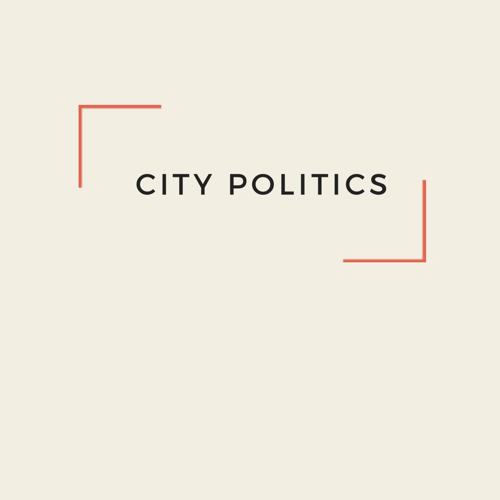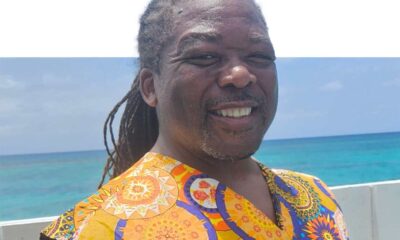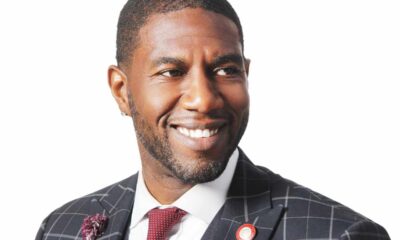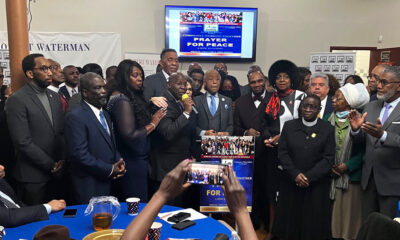City Politics
The Most Racially Progressive any NYC Teacher can be is to be Effective

By Michael A. Johnson
As a principal, I’ve met teachers I wouldn’t want anywhere near my kids, and then there were many great and wonderful teachers who I’d hire 100 times over, regardless of that teacher’s race or nationality. Black students can’t wait for America to get its “racial act” together; they need a quality instructional experience, immediately. I often tell school administrators that it’s important to “stay focused” on their school and the children and ignore the “political noise” that always surrounds public education. That “noise” will have little or nothing to do with effective teaching and learning, except to hinder them!
As a NYC high school principal, I wasn’t interested in the NYCDOE “central-office-cavalry” coming to “save” my school by integrating white children onto our rolls. My position was that we were morally, ethically and professionally committed to producing the best public educational experience possible for all our students. That resulted in many schools (NYC Specialized High Schools included) visiting our school from all over the city, state, nation and world in order to learn from our operational and educational ideas.
When it came to our very diverse staff, I honestly confess that I didn’t know the “racial feelings” that existed in their hearts. I only knew about the quality feeling of their work product. I did utilize a “hiring rubric” for interviewing prospective teachers, and during the course of those interviews many teachers of all races and nationalities came up short. That criteria was:
(1) Did the teacher have a high level of self-esteem and self-confidence (not to be confused with “uncoachable cockiness”)?
(2) Was the teacher “intellectually smart,” creative, content-subject knowledgeable, well-versed in current pedagogical ideas?
(3) By way of past employment and/or “field placement” observations, ratings, recommendations and the “demonstration lesson,” did the teacher have first-level instructional methodology skills (are they excellent teachers)?
(4) The presence of strong efficacious skills and the accompanying philosophy. That is, did the teacher-candidate believe themselves to be the single most critical factor (regardless of parent income/education, or the academic deficiencies of the child) in a student being able to effectively learn in that classroom?
(5) What did the teacher think of our “old-school” approach to overcoming difficulties and challenges by investing extra time and effort in recitation-tutorial teaching and study? Did they see the “curriculum standards” as the starting place “floor” learning objectives for the school? Viewed standardized exams not as an “enemy,” but rather as a way to inform and improve instruction, and as a good diagnostic tool to support student learning?
(6) Is that teacher properly focused on professional standards and student learning success rather than on the many work rules and contractual blockages to student learning success?
(7) Did the teacher share our vision version of “keeping it real” by keeping their instructional practice “really” aligned with the “standards-based examinations” and rigor the students would face throughout their schooling and adult lives. In this context, “racism” by any teacher, regardless of race, was defined as not challenging and preparing our students to perform at their best competitive selves.
Superintendents, you know (because you’ve experienced it) that it’s very easy to get paid staff to sit quietly through a “professional development” (PD) session, smile and even lie on the “feedback form” (you probably did that also!). The problem is that silence does not signify agreement, learning or internal personal change. Veteran educators know (and “newbies” soon discover) that the “PC” response to bad PD can be as one NFL player once said: “I’m just here so I won’t get fined.” And that’s why my (2000-2003) CSD 29Q staff put so much effort and strategic thought into developing the district’s approach to PD. We weren’t interested in doing PD as noisy and symbolic “political theater,” we actually wanted to improve the quality of instruction and raise student academic achievement. We did both, district-wide.
In public school systems, a dangerous enemy of progress and success is “passive resistance,” which can occur when a staff member feels disrespected and diminished and is afraid to express those feelings. Or staff persons are “officially” discouraged from raising legitimate questions (watch the HBO-TV series Chernobyl to see how that approach turns out!).
Leadership is Learningship. I’m fortunate that the Science Skills Center HS Guidance Counseling Department was very patient with me as they helped me to evolve on LGBTQ (and other) issues; one sign of love is that you want the other to grow. I shudder to think where I would be today if they had designated me as “enemy of the movement,” or interpreted my questions and concerns as “oppositional thinking.” As good educators, they understood that I had a lifelong and deep, every Sunday without fail, churchgoing, acolyte and K-12 Sunday school classes experience to unpack. And knowing myself, if they had casually and callously dismissed my religious life experience, I probably would have hardened in my ignorance and miss the reward of that importantly wonderful PD experience.
Michael A. Johnson has served as a public schoolteacher, principal and school district superintendent. His book on school leadership is titled: “Report to the Principal’s Office: Tools for Building Successful High School Administrative Leadership.” [http://reporttotheprincipalsoffice.net/]
TAGS: NYC Department of Education, Race, Diversity, Bias, Racism, Professional Development, Principal.











